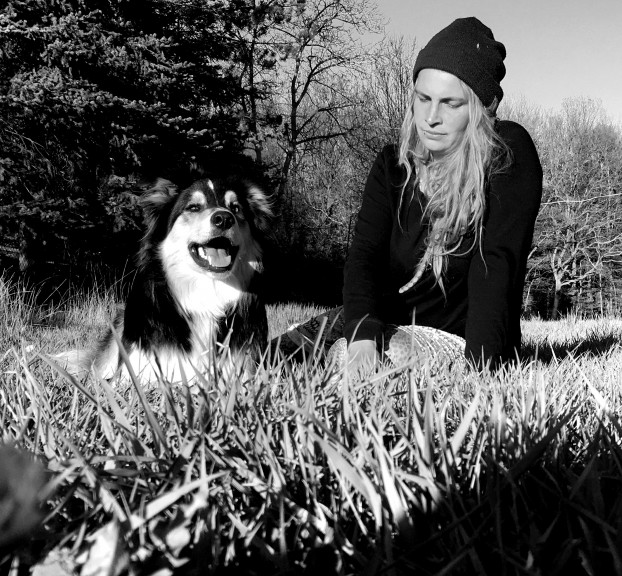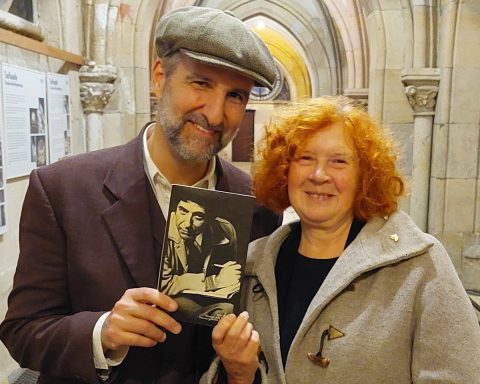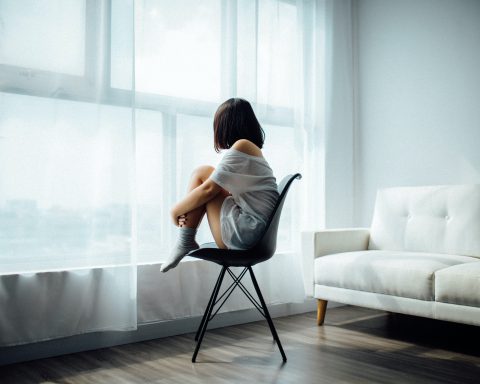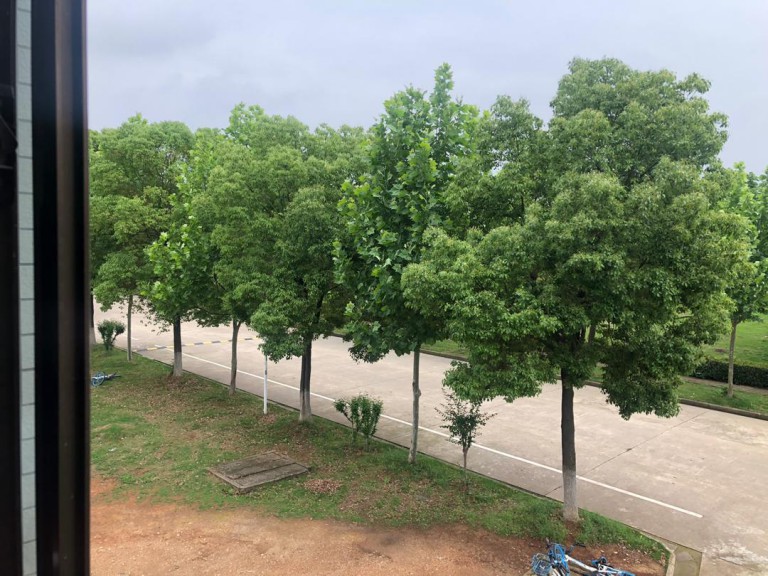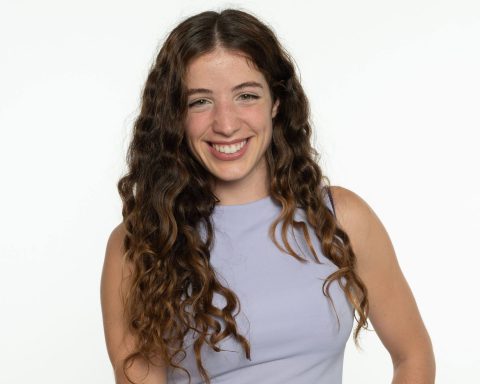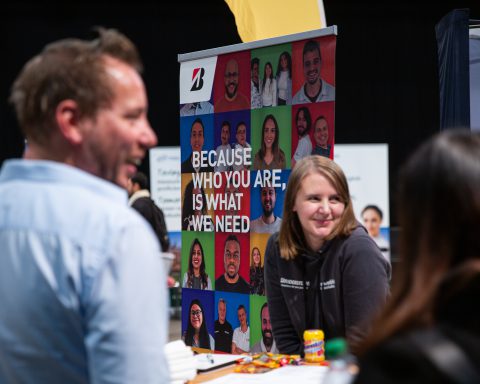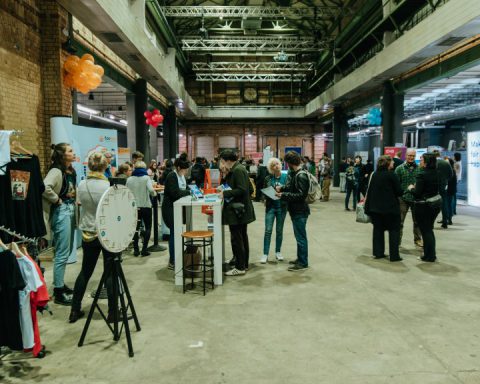Since about the 1980s, the number of advisory books and advisory occupations has skyrocketed. But only some such advisory occupations successfully generate expert knowledge and gain the recognition and backing of the state. Among these we find that of grief companions who have graduated from government-recognized educational programs.
In the interview with Romy Arndt, a newcomer to Leipzig, we have a chance to learn a bit more about what a grief companion does. Although they normally assist persons who lost somebody dear to them, they are trained to deal with various intensely felt emotions, not easily expressed or heard by family, friends or acquaintances. Thus, they can also help to cope with anxiety, loneliness or restlessness in the unprecedented Corona-times.
Interview by Helena Flam
1) Romy, you have chosen a very unusual occupation – that of a grief companion. Could you describe some of the circumstances which conspired to push you in this direction?
A couple of years ago I took a course in midwifery and thus worked in a hospital. I wanted to work close to people in the life-changing situation of “birth”. Soon, I learned that birth sometimes coincides with death. I came to accompany women who gave birth to a dead baby or a child that died soon after coming out of its mum’s body.
I recognized that the partners, parents and friends of the women who gave birth to a baby who died often did not know how to handle the mother’s grief and also how lonesome these mothers became. I decided to fill in the gap in support for these families and also others, who find themselves alone after the death of a loved person. So I attended the educational training to become a grief companion.
2) What kind of educational training does a grief companion receive?
In Germany, there are various ways to learn about grief and acting the part of a grief companion. Most of the hospices hire volunteers for emotional support in their houses and educate these volunteers relying on various courses. Beyond this, there are educational programs for people who want to work in this field. The one I participated in is meant for “Sterbeammen und Sterbegefährten nach Claudia Cardinal” and is recognized by the German state.
I chose this one because it offered me an interfaith, very focused access to death and grief. For two and a half years I took part in weekend tutorials during which we approached the topic from a philosophical, psychological and also spiritual point of view.
In a society that only accepts the visible or audible as real, thinking of death and grief as aspects of life that you cannot just simply go through and function normally, is something to be learned whilst talking about it. This is also what I want to communicate to people who come to talk with me.
3) In what ways does this educational program prepare its graduates for the supportive role they play in individual and group conversations? Can you help us cope with our difficult emotions in COVID-19 times?
Emotions like grief, fear, guilt, solitude or frustration loom large in a grieving process and therefore emerge as key topics for grief companions. Many people who get stuck with such emotions don’t know who to turn to as they sense that their potential conversation partners would become anxious and upset when faced with such strong emotions. I learned how normal these emotions are, and how to witness them, on the one hand, but also how to try to transform them, on the other.
My function is – in groups or in meetings with single individuals – to keep track of the development of a person’s grieving process, and to offer ideas about how to handle certain problems. My educational program provided me with various tools to do so. Although our focus in the program was on death and grief, these tools are applicable in many situations. I help when people get in touch with their fears or are afraid of being lonely. My skills can be helpful for people in COVID-19 times who face such feelings and need support to handle them.
4) How did the educational program from which you graduated affect your view of and feelings concerning death and dying?
Talking about death so often and with different people usually leads to the question of what I believe happens when people die. Some people think of it in religious ways and find their answers in religion. As I am not religious I just thought death puts an end to everything. Through the educational program I found out how hard it is for the loved ones of a dead person when simply every connection is cut.
Often there are so many things unsaid or undone that follow the grievers, sometimes for a lifetime.
Opening up to another perspective on death – as an unknown phenomenon – gave me space to fill. If nobody knows what comes after death, the time after death can be handled differently. In fact, many people talk to their dead parents or friends, bring flowers to their graves or sometimes have a feeling they are nearby. All this creates the opportunities for people to stay in a relationship with the dead.
In very different ways, chosen by the individual herself or himself, they remain in contact and communicate with the dead. The appreciation of the dead who do not simply disappear out of our lives but instead stay part of us in various ways, is something I am now much more aware of than I was before I graduated from the program.
5) How do you see your role as a grief companion?
As I said before, I see my assignment as being a non-judging companion – I am a non-pushy and non-shockable companion of people who got stuck somewhere in the grieving process or just don’t want to face the challenges of a grieving process alone. I am not there to say what is right or wrong, and I certainly cannot take the pain off someone, but I can be reachable and give support – help to get through this challenging period or help solve a specific problem that occurs during the grieving process.
6) Does it happen that you find it hard to play this role? If so, under what circumstances?
When I see people who got really stuck into a specific dilemma and are not really willing to let go, I must not only watch narrowly the grieving process and the griever, but also my role as a helper who only helps when asked. In such situations, I need very precise definitions of what people want me to do and what they do not want. I have to accept that what I see as “the best” for the griever is not necessarily so to him or her. It‘s a question of distance that I need to maintain in relationship to the people I talk to – also to stay healthy myself.
7) Is there any special connection between how you see your role, the kind of support you offer and your recent decision to move to Leipzig?
I moved to Leipzig because I found a great place to live here, very close to the woods and lakes and in the middle of nature. I also have a big garden and space for the animals that live with me and this way I am in an environment that gives me a break from everything else. I need such spaces to recover for work and to stay in peace with myself. So yes, finding this kind of place here in Leipzig gives me a good setting from which to work.
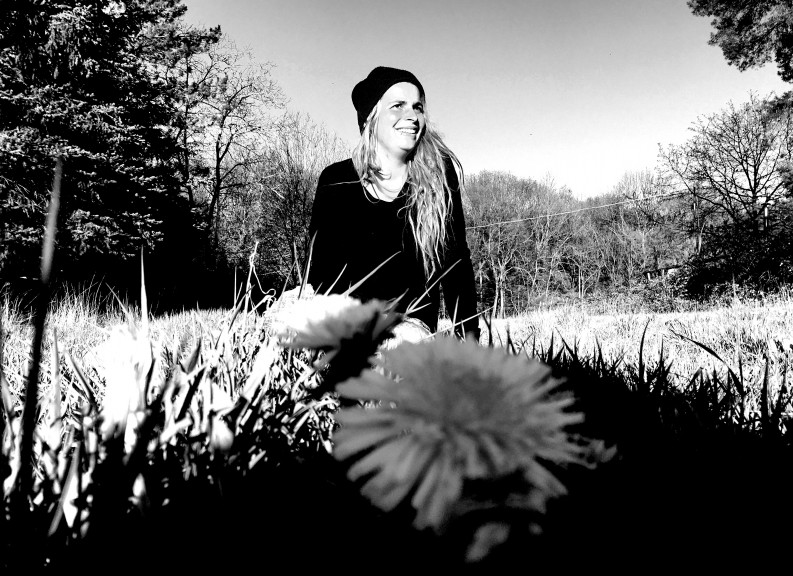
8) With what kinds of problems have you been approached so far?
I support people who grieve about the loss of a loved person or a pet. I have also been approached by the relatives of seriously ill people who have asked for guidance to overcome this “on the edge” situation. And now, during the coronavirus pandemic, I support people on the phone who suffer from anxiety in various situations.
9) What are your plans, visions and hopes for the future?
I plan within the next years to open a space for grieving and recovering in harmony with the nature outside of town. For the interested, I want to offer different ways to transform grief to something active, such as gardening or chopping wood. The mixture of being in nature and having contact with animals and soil gives me the chance to bring balance into unbalanced situations. I believe there are more people out there who function in a similar way, and I want to give them access to such a place.
10) We hope your dreams will come true, and are very happy to have you here in Leipzig and on the pages of The Leipzig Glocal…
If I may add something: I know it can be challenging to ask for support sometimes. To the readers of The Leipzig Glocal I want to say: please feel free to ask me for a meeting or call me to form an opinion of me and my work. The first consultation is free, afterwards the fee is negotiable. Do not be surprised that, if you feel like it, in the long run we will share a joke or two.

